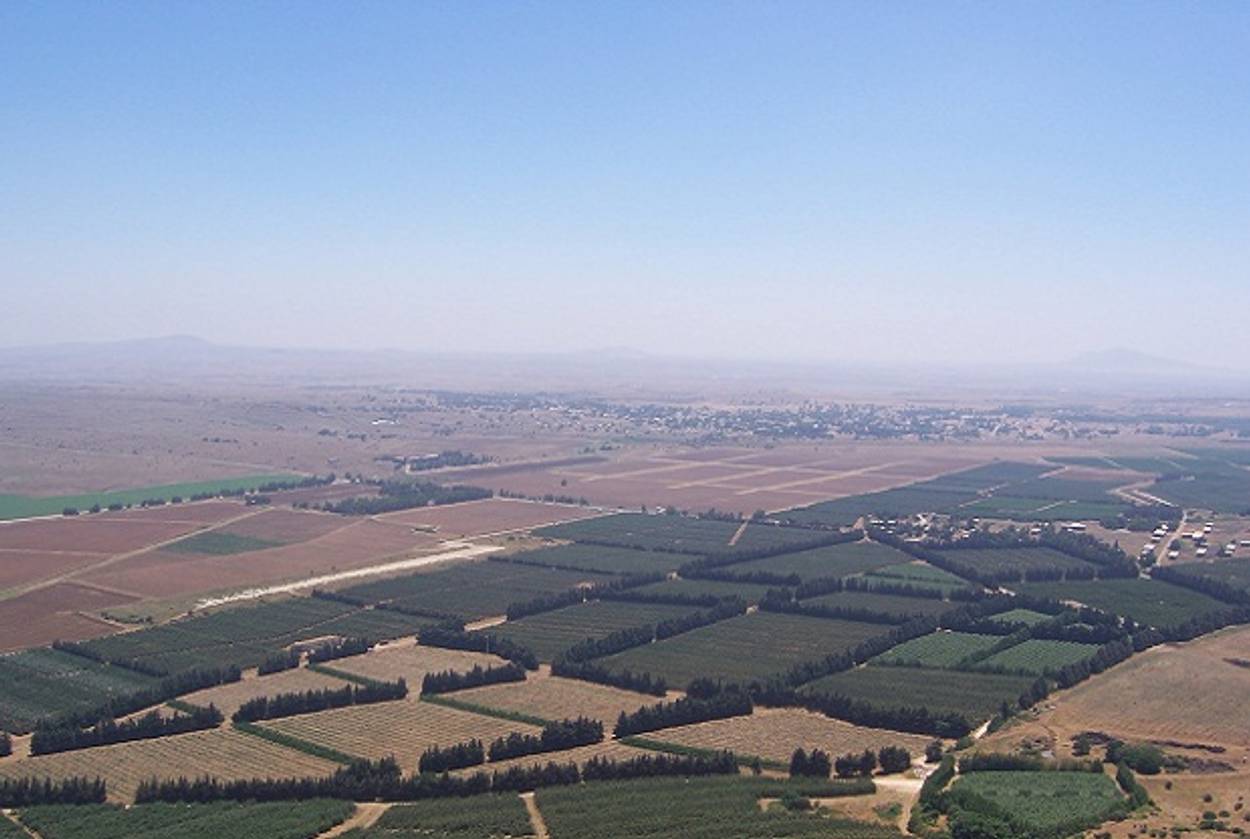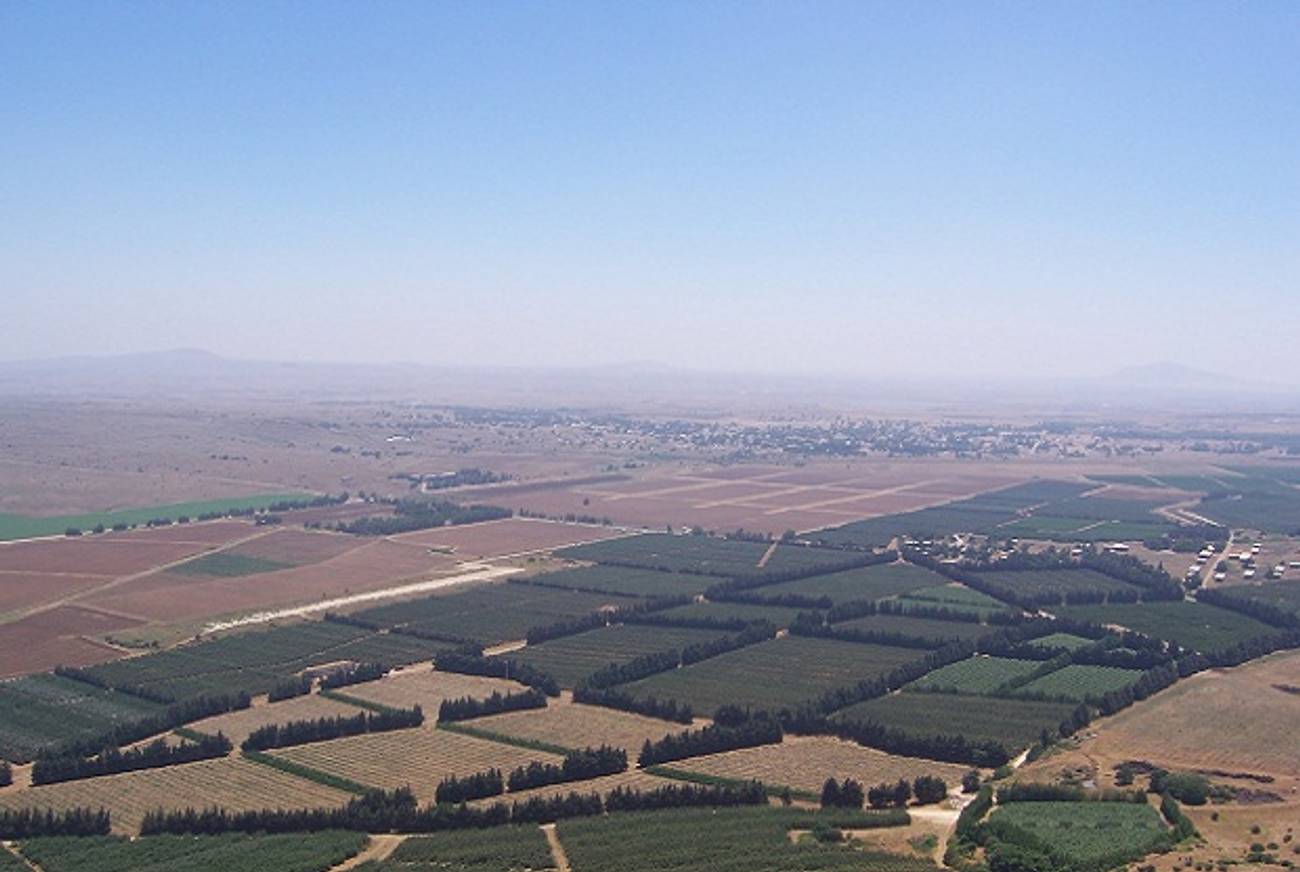Hezbollah Offers to Help Syria Recapture the Golan
The Lebanon-based militia also says Syria will give it “game-changing” weapons




Just days after a series of airstrikes on Syrian missile sites, there appears to be no signs of things cooling down in the region. Beyond the obvious horror of the conflict itself, which Jodi Rudoren chronicled earlier today through the prism of the million-plus displaced Syrian refugees who are struggling to survive, there is the widespread fear that the Syrian civil war will extend beyond its borders.
Two troubling stories this afternoon underscore that fear. In a televised address today from Lebanon, Hezbollah chief Hassan Nasrallah avered that he and Hezbollah would gladly help Syria recapture the Golan Heights, which has been held by Israel since 1967 and has enjoyed relative calm for decades.
“We announce that we stand with the Syrian popular resistance and offer material and spiritual support as well as coordination in order to liberate the Syrian Golan.”
This pivot represents an attempt to reframe the conflict in Syria as a battle against Israel. Hezbollah supports of the Assad regime has cost it some popularity in the region, but with last weekend’s airstrikes comes the opportunity to try and shift the focus onto Israel by defining it as the target of the “Syrian popular resistance.” With 70,000 dead in Syria, it seems unlikely to work, but threats against the Golan is an unsettling development.
In the same address, Nasrallah also said that Syria would supply Hezbollah with “game-changing” weapons as a result of the airstrikes near Damascus last week.
Israeli Foreign Ministry spokesman Yigal Palmor, asked to comment on Nasrallah, said: “We don’t respond to words. We respond to action.” The office of Prime Minister Benjamin Netanyahu declined to comment.
Speaking of action:
In a related development, Israeli security officials said Thursday they have asked Russia to cancel the imminent sale of an advanced air defense system to Syria.
The officials said Israel shared information with the United States in hopes of persuading Russia to halt the planned deal to provide S-300 anti-aircraft missiles. Disclosing the deal, the Israeli officials spoke on condition of anonymity because they were not authorized to brief reporters.
Adam Chandler was previously a staff writer at Tablet. His work has appeared in the New York Times, the Wall Street Journal, the Atlantic, Slate, Esquire, New York, and elsewhere. He tweets @allmychandler.